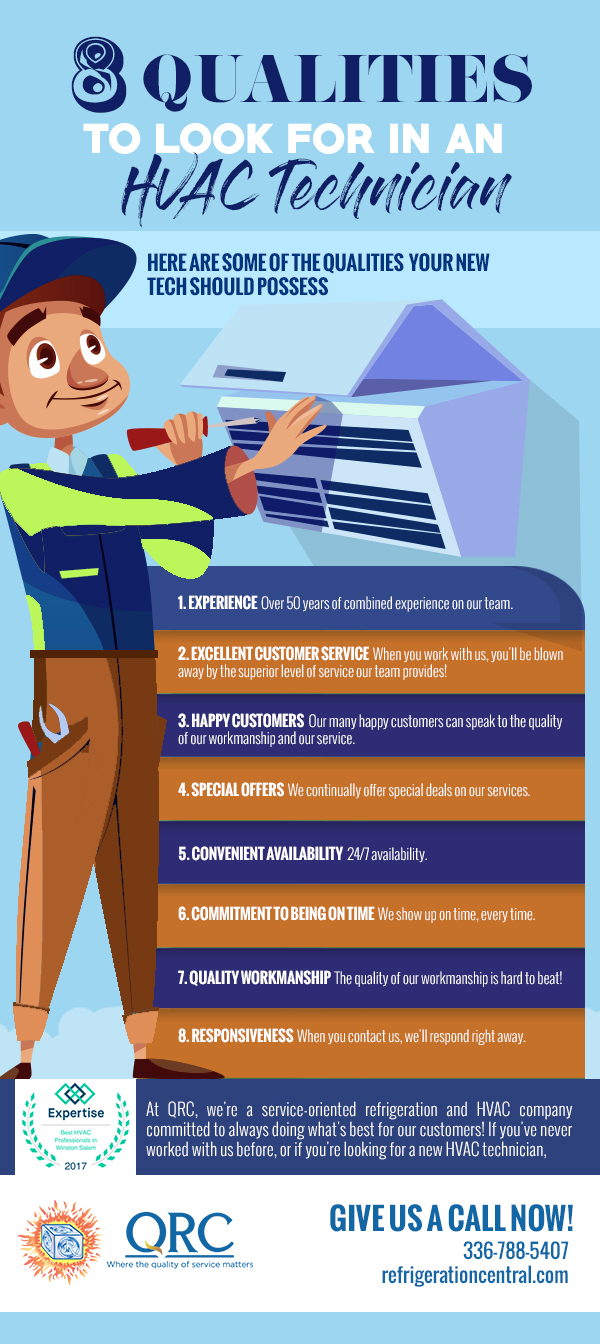Learn How To Make Sure The Efficiency And Durability Of Your Heat Pump System By Avoiding Usual Installation Mistakes
Learn How To Make Sure The Efficiency And Durability Of Your Heat Pump System By Avoiding Usual Installation Mistakes
Blog Article
Write-Up By-Ware Carson
When installing a heat pump, you must avoid usual blunders that can endanger its performance. Overlooking proper sizing may result in inefficiencies and higher utility expenses. Overlooking insulation and securing could lead to energy wastage and stress on the unit. Furthermore, placing the exterior system inaccurately might impact its efficiency. By avoiding these mistakes, you can make sure optimum operating and toughness of your heatpump system.
Improper Sizing of Heat Pump
When it comes to the installment of heat pumps, one of one of the most usual blunders is incorrectly sizing the device for your area. Making certain the right size is essential for optimum performance. If the heatpump is too little, it will struggle to warm or cool your space effectively, leading to increased power expenses and possible deterioration on the system.
On the other hand, if the heat pump is too huge, it will certainly cycle on and off frequently, causing temperature level variations and minimizing its life expectancy.
To avoid this error, it's vital to have an expert assess your area and recommend the proper dimension of the heat pump based on elements like square footage, insulation, ceiling height, and neighborhood environment. By spending the moment and initiative to ensure the correct sizing, you can take pleasure in a comfy setting while maximizing energy efficiency and lengthening the life-span of your heat pump.
Inadequate Insulation and Sealing
To guarantee the reliable operation of your heat pump, it's critical to resolve inadequate insulation and sealing in your room. Appropriate insulation assists preserve a regular temperature inside, lowering the workload on your heatpump. Poor insulation can bring about power loss, making your heat pump work harder and much less efficiently.
Sealing mitsubishi installers of gaps or leaks in your space is equally essential. These spaces permit conditioned air to leave and outside air to leak in, requiring your heat pump to make up for the temperature fluctuations.
Wrong Placement of Outdoor System
Attending to the placement of your heatpump's exterior system is crucial to optimizing its performance. Installing https://www.industryweek.com/technology-and-iiot/article/21165623/pipeline-problems-prompt-new-regulations in an incorrect location can cause efficiency issues and possible damage to the device.
One common blunder to stay clear of is putting the exterior device also close to a wall surface or various other frameworks. This can limit airflow, triggering the system to function harder to heat or cool your space, inevitably reducing its performance and lifespan.
Another error to avoid is putting the outdoor device in direct sunlight. While https://manuelsiteq.bligblogging.com/31752594/are-you-captivated-by-the-innovations-in-heat-pump-technology-discover-how-it-has-the-possible-to-change-your-home-s-comfort-and-enhance-energy-effectiveness is unavoidable, extreme direct exposure can cause overheating, especially throughout hot summer days. It's ideal to position the exterior system in a shaded location to aid preserve its optimum operating temperature.
In daikin heat pump christchurch , make certain that the outside system is put on a steady and degree surface area. Unequal ground can create resonances and unnecessary stress on the device, impacting its performance over time.
Conclusion
In conclusion, staying clear of common errors throughout heatpump setup is vital for making the most of performance and long life of your system. By guaranteeing appropriate sizing, adequate insulation, sealing, and appropriate placement of the outdoor unit, you can stop concerns such as inadequacies, raised power costs, and stress on the unit. Putting in the time to resolve these vital factors will inevitably conserve you time and money over time.
